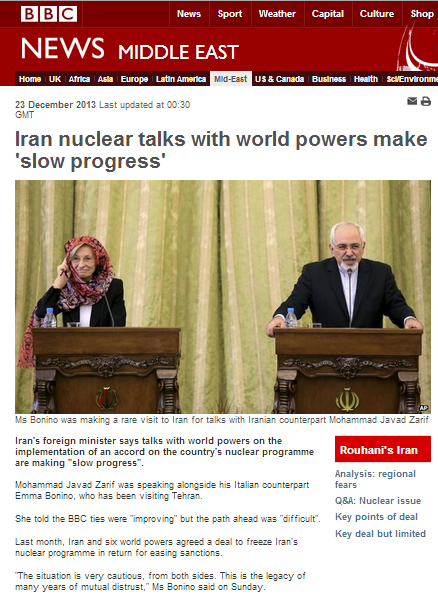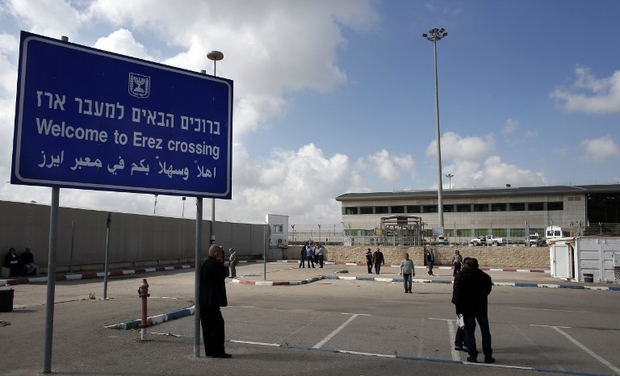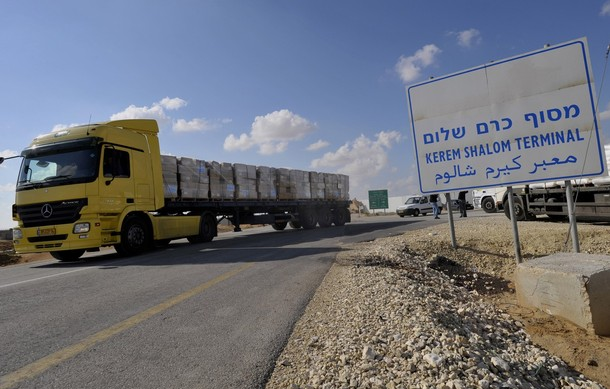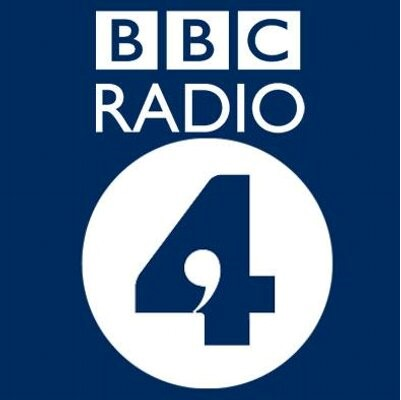Last week the Saudi Arabian ambassador to the UK, Mohammed bin Nawaf bin Abdulaziz al Saud, wrote an op-ed in the New York Times which clarified his country’s position on Iran and Syria in no uncertain terms.
“We believe that many of the West’s policies on both Iran and Syria risk the stability and security of the Middle East. This is a dangerous gamble, about which we cannot remain silent, and will not stand idly by. […]
And yet rather than challenging the Syrian and Iranian governments, some of our Western partners have refused to take much-needed action against them. The West has allowed one regime to survive and the other to continue its program for uranium enrichment, with all the consequent dangers of weaponization.
This year’s talks with Iran may dilute the West’s determination to deal with both governments. What price is “peace” though, when it is made with such regimes?
The foreign policy choices being made in some Western capitals risk the stability of the region and, potentially, the security of the whole Arab world. “
Earlier in December the Gulf Co-operation Council summit in Kuwait issued a final communique which expressed continued concern over Iran’s nuclear programme.
“The GCC, which includes Saudi Arabia, the United Arab Emirates, Qatar, Bahrain, Kuwait, Oman and other Gulf Arab countries, praised Iran’s new rapprochement efforts towards the Gulf’s monarchies, but also expressed concern over reports of intention of new nuclear reactor projects in the country.
“The higher council expressed concern over reports about plans to build more nuclear reactors along the Gulf coast,” Abdellatif al-Zayani, the GCC general-secretary, said at the end of the two-day summit hosted in Kuwait, reading the council’s final communique.”
Despite these and other clear signs of unease among Gulf countries, the BBC continues to report concerns regarding Iran’s nuclear programme as a ‘Western’ issue.
An article titled “Iran nuclear talks with world powers make ‘slow progress’” which was published on the BBC News website’s Middle East page on December 23rd states: 
“Israeli and American critics of the Geneva deal say it gives Iran cover to expand the programme.”
Clearly, concerns regarding the the P5+1 deal with Iran are by no means limited to “Israeli and American critics”.
The article also employs the standard equivocal impartiality box ticker, according to which:
“Western nations have long accused Iran of seeking to acquire a nuclear weapon, but Iran says the programme is for solely peaceful ends.”
Beyond the fact that this pro forma statement neglects to provide BBC audiences with the supporting evidence to assessments regarding the military nature of Iran’s nuclear programme and reduces the entire issue to a puerile ‘he said-she said’ level, it also bizarrely paints it as a matter of ‘the West vs Iran’ when in fact the range of countries concerned about Iran’s military nuclear designs in fact includes nations which are not “Western” such as the Gulf States and also Russia and China, which are part of the P5+1 which engaged in talks with Iran precisely because of assessments regarding the military nature of its nuclear programme.
In addition, of course, that programme has been the subject of several UN Security Council resolutions which were backed by numerous countries which cannot be described as “Western nations” and the IAEA – also not a “Western” body – has repeatedly voiced its concerns over the nature of the Iranian nuclear project.
So why does the BBC insist on propagating this misleading “West vs Iran” theme?




